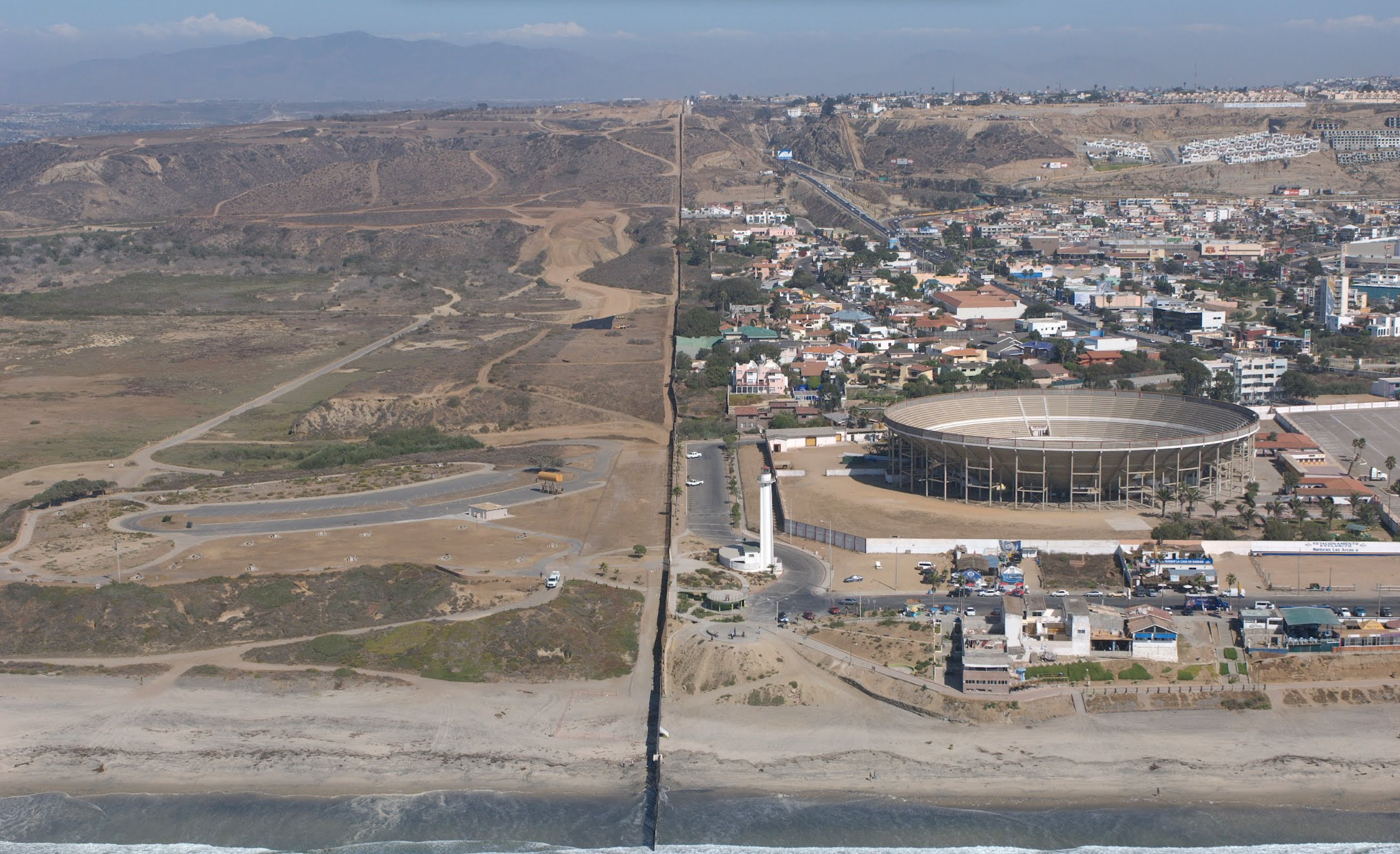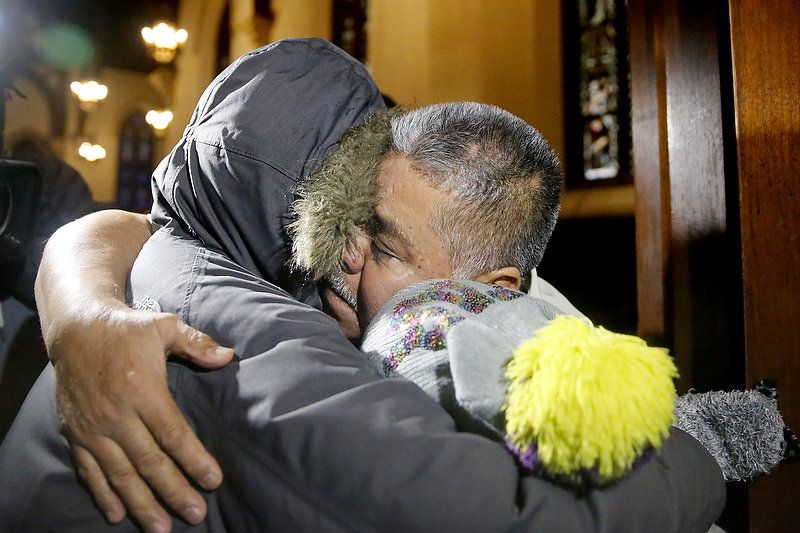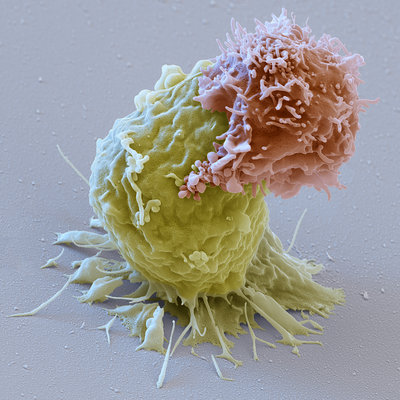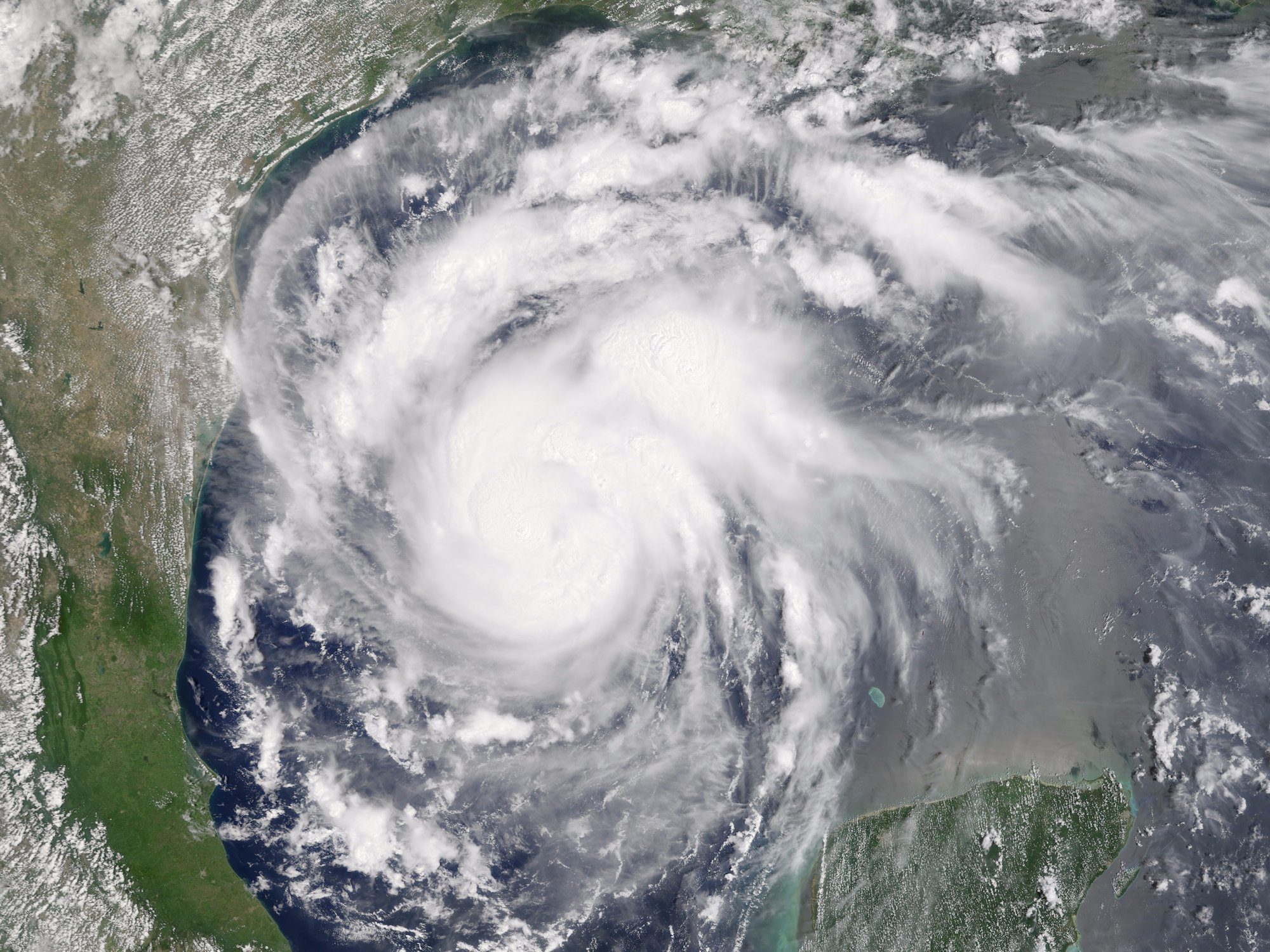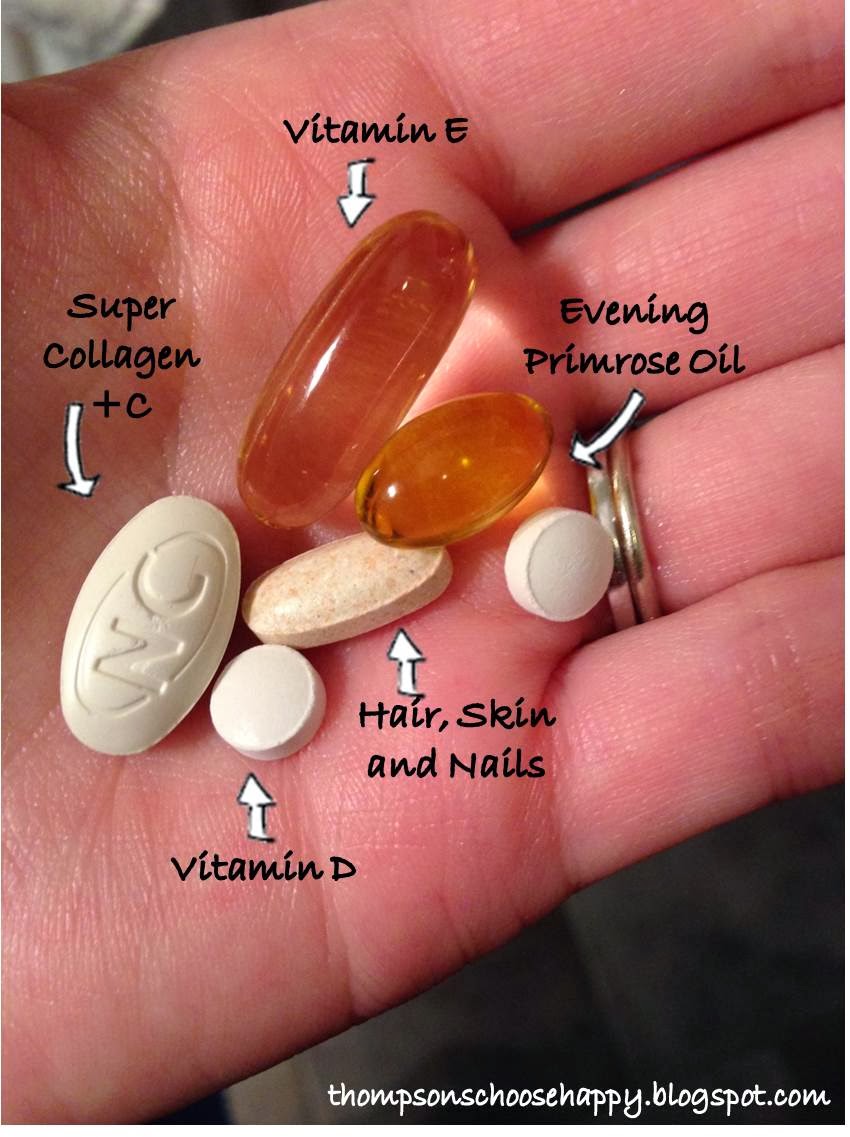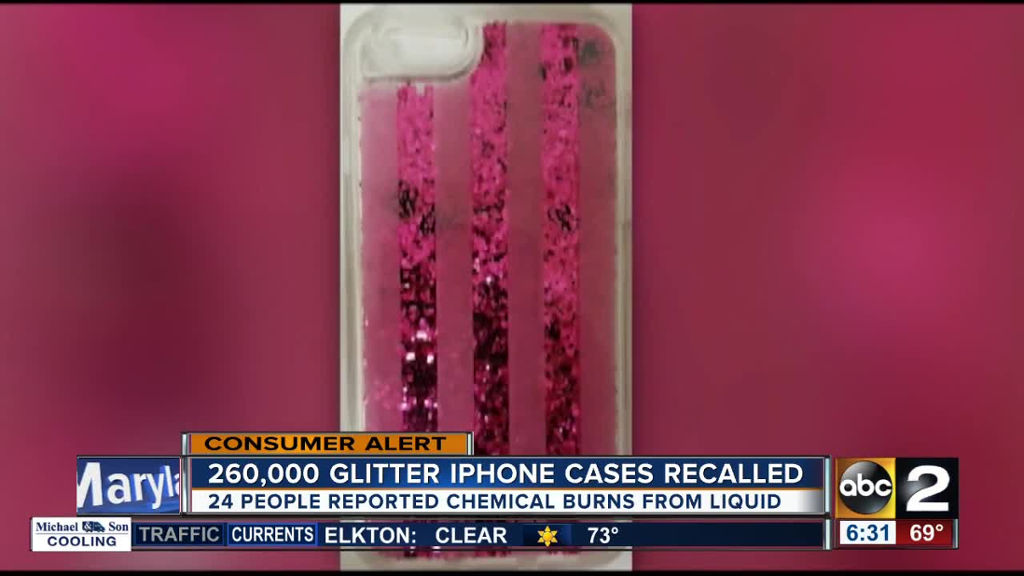FOX NEWS HEALTH ARTICLE
With the city of Houston and surrounding areas devastated by historic storm Harvey, health officials are warning about an increased risk of illnesses and hazards caused by the rising floodwaters. Medical personnel are on high-alert for drowning, bacterial diseases, carbon monoxide poisoning, mosquito-borne illnesses, viral infections and other hazards, and are urging citizens to use caution when venturing outside.
“The No. 1 thing we’re concerned with in a flood is chemicals,” Renee Funk, associate director for emergency management of the Centers for Disease Control and Prevention (CDC), said, according to Reuters.
The floodwaters could become contaminated with chemicals washed out from people’s toolsheds or garages. Funk advises people to shower and wash their hands immediately after coming into contact with floodwaters. Contaminated water could also cause gastrointestinal issues or other infections through cuts on skin.
The Food and Drug Administration advises throwing away any medications or foods that comes in contact with floodwater to prevent further illnesses. Even foods wrapped in plastic packaging could be susceptible to contamination.
“Bacterial infections are really important, such as salmonella and E. coli infections,” said Dr. Peter Hotez, dean of the National School of Tropical Medicine at Baylor College of Medicine, according to Reuters.
Health and Human Services Secretary Tom Price declared a public health emergency for the state on Saturday, granting the Centers for Medicare and Medicaid Services’ Medicare beneficiaries and their health care providers greater flexibility in meeting emergency health needs. City officials said around 6,200 residents are staying in shelters, including nursing home and hospital patients.
The damage is expected to make many homes and areas unavailable for weeks or months, meaning residents are facing an extended stay in a shelter, which could pose a public health risk.
“If you are in a small enclosed area in an alternate care facility and you have really bad diarrhea, it’s going to be hard in these situations to practice proper infection control,” Dr. Amesh Adalja, a senior associate at the Johns Hopkins Center for Health Security, told Reuters.
Once the waters recede, health officials will be on alert for a rise in the mosquito population and watching for an increase in West Nile cases. Regions in Louisiana and Mississippi reported a doubling of West Nile in the aftermath of Hurricane Katrina, with residents experiencing severe inflammation in the brain or spinal cord.
While Funk said the waters will likely wash-out breeding sites of the Aedes aegypti mosquito, which is capable of spreading Zika, chikungunya, dengue and yellow fever, they are expecting a surge in the Culex variety. Standing water could provide an ideal breeding ground for these bugs, and the CDC recommends using sprays with DEET to prevent viruses from spreading.
Mold is also a major concern in homes that have been ravaged by the storm, which could cause asthma or other respiratory illnesses. Experts recommend ridding of fabrics and disinfecting any hard surfaces that has come in contact with floodwaters. Damage to a home or loss of belongings could also cause mental stress, or result in post-traumatic stress disorder (PTSD), which can be helped with counseling.








